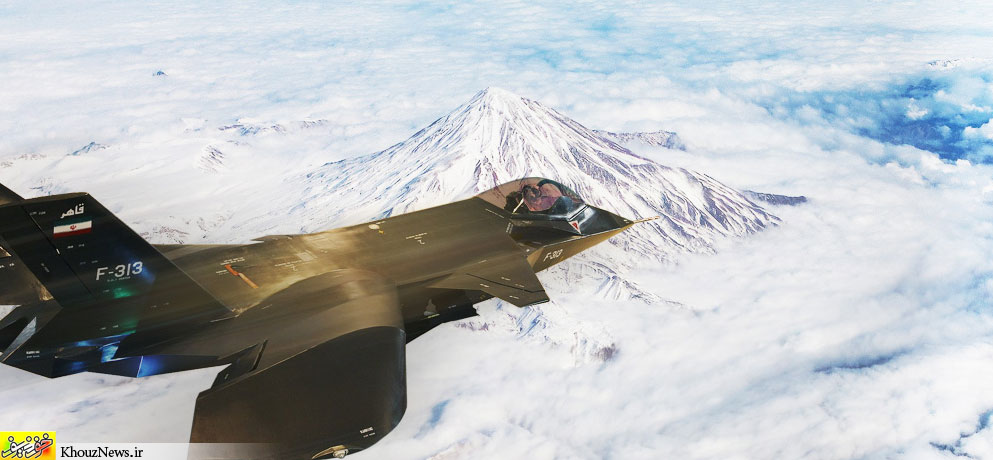Guest post by Victoria Piccione

This January the Iranian government announced that it had successfully launched a monkey into space and returned it safely. The announcement became comical when, even to the untrained eye, it was obvious that the monkeys photographed before and after the flight were not one and the same (the Iranian government maintains that the discrepancy was due to a mistaken photo release). Equally laughable was Iran’s recent release of clearly Photoshopped pictures of a new “stealth” fighter jet — a model that critics claimed was undersized and seemingly made of fiberglass. While Iran’s technological leaps would be cause for concern if they were legitimate, they have been nothing more than elementary hoaxes.
Why would Iran (so weakly) seek to deceive the United States, a country with powers and capabilities far exceeding its own? Perhaps these announcements aren’t directed at the American government at all — instead, they are a form of international signaling about the internal Iranian state. The ease with which Iran’s faked technological achievements have been disproven suggests that these claims do not serve to destabilize the international environment; rather, they are directed at improving Iran’s crumbling domestic situation rather than threatening the US. Fearful of heightened internal strife, Iran’s government did what any reasonable, struggling regime would do: it staged a diversionary campaign.
Less costly than overt military moves, reports of technological advancements serve a diversionary purpose by attempting to rally public support through distracting citizens. Yet unlike other regimes’ bellicose diversionary threats, Iran’s attempts to divert the public’s attention away from economic struggles and towards recent scientific achievements creates national pride predicated on economic potential.
In light of these apparent motivations, Iran does not seek to threaten the US and other world powers with announcements of technological innovations. Rather, another possibility consistent with the evidence is that these pictures are forged so as to signal that the announcements are primarily directed at the Iranian people. Ahmadinejad wants the public to believe Iran’s tech programs are thriving, and highly censored media allows him to accomplish this. However, the photos are clearly bogus so that other countries are aware that Iran’s technologies still pose no threat to them.
This interpretation suggests that it would be unwise to take any immediate action. Ahmadinejad is claiming technological breakthroughs to salvage a deteriorating domestic situation, and making such claims known internationally serves two primary ends: (1) it makes his claims credible nationally, and (2) it creates some transparency and avoids confusion that could result in the security dilemma.
Of course one might argue that the threat presented by the creation of a stealth fighter jet and the one suggested by a monkey’s trip into space are different. But the technology necessary for launching a rocket into space is fundamentally the same required to build an ICBM. Thus, that astronautical monkey could actually induce the security dilemma — had it truly made it among the stars! The stealth fighter jet, were it real, does not represent the same grave threat an Iranian ICBM technology. Curious George, on the other hand, does. In either case, however, both were nothing more than farces: George has likely not yet experienced the unique sensation of zero-gravity, and the “fighter jet” remains firmly grounded… as does Iran’s technology programs. Properly analyzed, the security dilemma is induced in neither case.
Iran offers an important lesson on how to cope with internal upheaval: when the going gets tough, fake it. Don’t pick fights with someone many times your size. And most importantly, be self-deprecating abroad and deceptive domestically. The US should keep this in mind so that no rash actions are taken. Intelligence proves most useful when it’s collected and interpreted with domestic political motivations in mind.
Victoria Piccione is a student at Harvard College.





